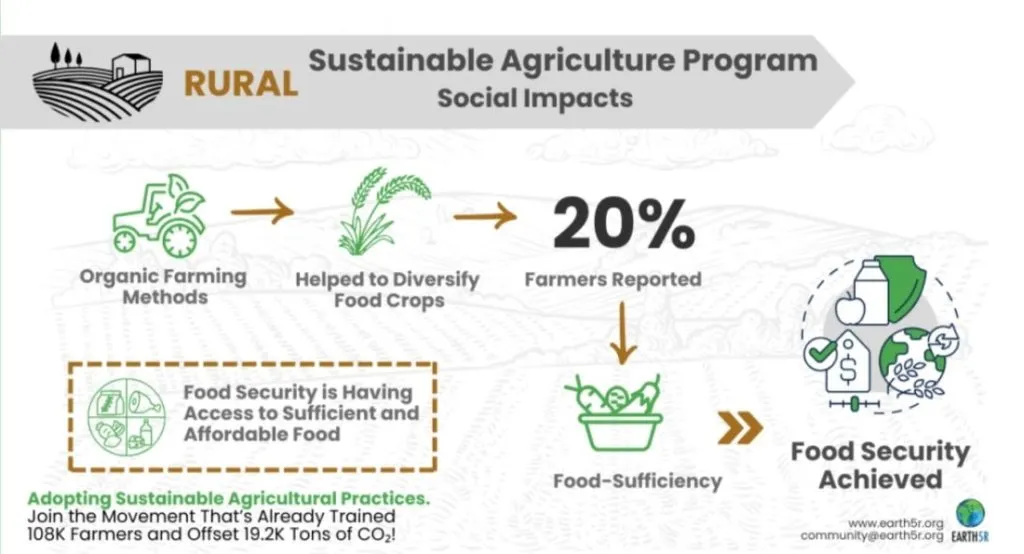In the face of escalating geopolitical tensions and sanctions, the agricultural sector is under immense pressure to adapt and innovate. A recent study published in the *Аграрный вестник Урала* (Ural Agricultural Bulletin) by I. A. Rodionova of Saratov State University of Genetics, Biotechnology and Engineering named after N. I. Vavilov sheds light on how sustainable agricultural practices can thrive despite these challenges. The research offers a beacon of hope for farmers and agribusinesses navigating the complexities of a sanctions-driven market.
Rodionova’s work delves into the critical intersection of agricultural sustainability and economic resilience. By examining case studies and innovative farming techniques, the study highlights how adaptive strategies can mitigate the impact of sanctions on food production and supply chains. “The key to resilience lies in diversifying our approaches to agriculture,” Rodionova explains. “By integrating sustainable practices, we can not only weather economic pressures but also build a more robust and self-sufficient agricultural sector.”
One of the most compelling aspects of Rodionova’s research is its focus on the commercial implications for the energy sector. As agriculture increasingly turns to renewable energy sources and energy-efficient technologies, the demand for innovative solutions in the energy sector is set to rise. This shift presents a significant opportunity for energy companies to collaborate with agricultural enterprises, fostering a symbiotic relationship that benefits both industries.
“The energy sector has a pivotal role to play in supporting sustainable agriculture,” Rodionova notes. “By developing and deploying clean energy technologies, we can help farmers reduce their operational costs and enhance their resilience to external shocks.”
The study also underscores the importance of policy support and investment in agricultural research. Rodionova argues that governments and private investors must prioritize funding for sustainable agricultural practices and technologies. “Investment in research and development is crucial for driving innovation and ensuring that our agricultural sector remains competitive and resilient in the face of global challenges,” she says.
As the agricultural sector continues to grapple with the impacts of sanctions and economic uncertainty, Rodionova’s research offers valuable insights into the path forward. By embracing sustainable practices and fostering collaboration between agriculture and the energy sector, we can build a more resilient and prosperous future for all. The publication of this study in the *Аграрный вестник Урала* (Ural Agricultural Bulletin) further underscores its relevance and importance to the broader agricultural community.
In an era defined by uncertainty, Rodionova’s work serves as a reminder that innovation and adaptability are the cornerstones of resilience. As we navigate the complexities of a sanctions-driven world, the lessons from this research will be invaluable in shaping the future of agriculture and the energy sector.

